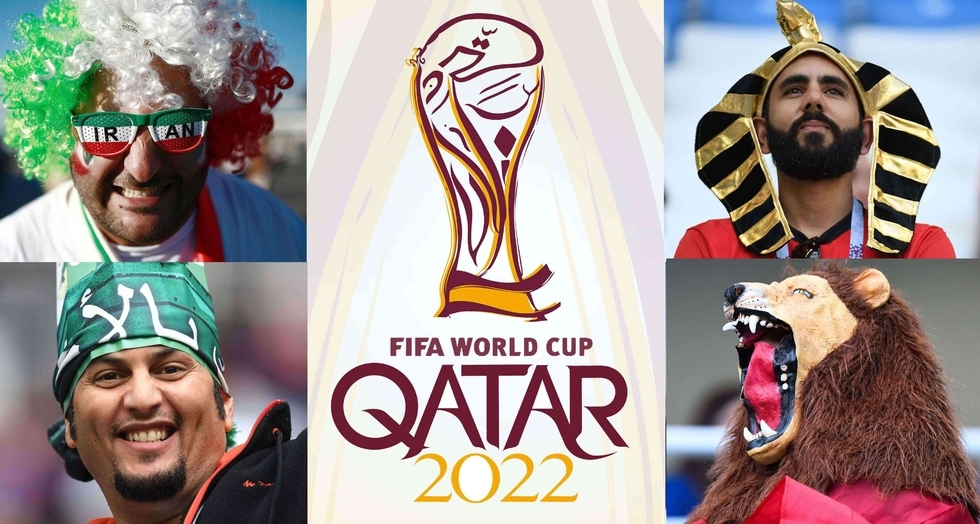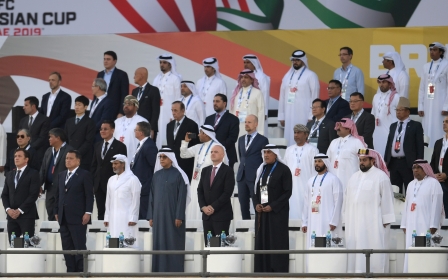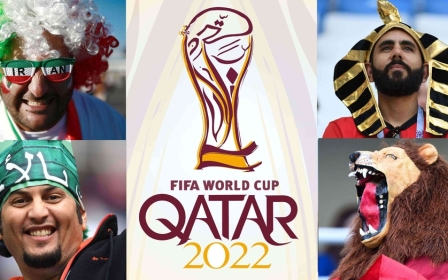FIFA says 2022 World Cup in Qatar will not expand to 48 teams

The world's football governing body FIFA has decided against expanding the number of teams set to participate in the World Cup in Qatar in 2022.
In a statement on Thursday, FIFA said it was abandoning a proposal to expand the tournament to 48 teams because it did not have enough time to study how it would implement such a decision.
"The FIFA World Cup Qatar 2022 will therefore remain as originally planned with 32 teams," the statement read.
"With just three and a half years to go until kick off, Qatar remains as committed as ever to ensuring the 32-team FIFA World Cup in 2022 is one of the best tournaments ever and one that makes the entire Arab world proud," said Qatar World Cup organisers in a statement, which was cited by Reuters.
The prospect of expanding the 2022 tournament was first proposed by FIFA President Gianni Infantino, who had also said FIFA was exploring the idea of adding additional host nations.
New MEE newsletter: Jerusalem Dispatch
Sign up to get the latest insights and analysis on Israel-Palestine, alongside Turkey Unpacked and other MEE newsletters
But an ongoing diplomatic row between Qatar and several of its neighbours appears to have complicated that idea.
The United Arab Emirates, Saudi Arabia, Bahrain and Egypt cut political, trade and transport ties with Qatar in June 2017. They have accused Qatar of supporting terrorism, which it denies.
The New York Times reported in March that FIFA was considering Oman and Kuwait - neutral countries in the dispute - as hosts for extra games during the 2022 World Cup.
That same month, an official from the UAE said that Qatar agreeing to share its hosting duties could help ease the ongoing diplomatic tensions.
"My message to them [Qatar] is: let's take this crisis away from us and focus on football," Mohammed al-Rumaithi, head of the UAE's general sports authority, told the Financial Times.
FIFA's 2010 decision to award Qatar the World Cup has been dogged by controversy.
The Gulf country has faced criticism for using migrant labourers to build some of its World Cup facilities, and it has been accused of taking bribes during the bidding process.
Qatar's climate has also been cause for concern, with the tournament moved from its traditional slot in June and July to the winter months of November and December to avoid the Gulf’s scorching summer temperatures.
Middle East Eye delivers independent and unrivalled coverage and analysis of the Middle East, North Africa and beyond. To learn more about republishing this content and the associated fees, please fill out this form. More about MEE can be found here.





